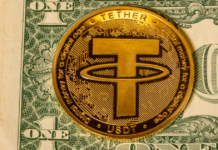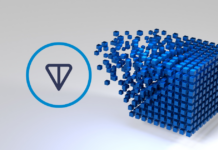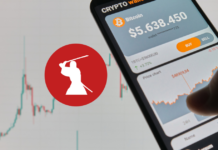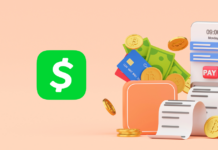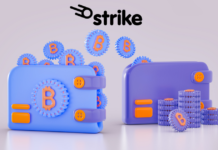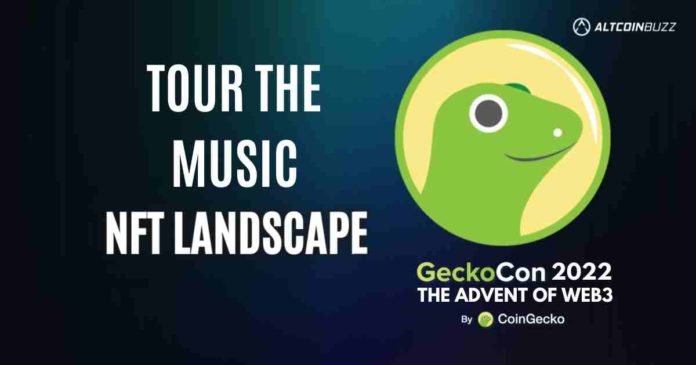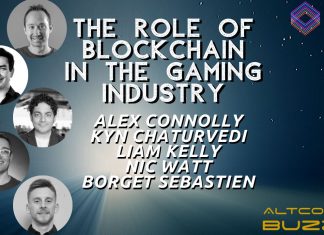Here is the GeckoCon 2022 session called “A tour of the Music NFT landscape”. This occurred on the first day of the conference, Thursday 14th July at 8p 3:00 PM (EST), where we had Josephine Nguyen Chief Marketing Officer at CoinF as the moderator.
The session discussed the topic of music NFTs and their comparison to traditional music. Building communities and engaging with fans. The speakers are:
- Cooper Turley Investor at Music NFTs
- Achilleas Sarantaris Product Manager at Async Art
- Roneil Rumburg Co-founder & CEO at Audius
A Definition of Music NFTs
The panelists agreed that a simple definition of music NFTs is a tokenized version of a song. A broader definition includes any sort of NFT that a musician or music artist issues. This includes leveraging the blockchain. IP licensing and consumption of music and related artifacts is possible with these tokens.
Music NFTs Challenging the Traditional Music Industry
Josephine asked the panel “Do you believe that Music NFTs can challenge the traditional music industry?” Above all, Cooper felt Music NFTs are not about competing with the traditional industry. Web3 can add value to streaming, fan clubs, and collectibles. In fact, the panelists agreed that they complement the industry. Roneil added fans can interact with artists in a new and novel way. This gives fans a different experience around an artist. It also allows new tools and channels. This will enable artists to monetize their audience and fans. Smart contracts create the ability to collect royalties. In addition, they allow ownership of part of the actual copyright that underlies the track. Achilleas mentioned that Music NFTs can elevate artists. Moreover, distribution becomes easier and less of an issue. This opens up the possibility to amateur musicians and artists. They are able to distribute their own material via Music NFTs.
Building a Community of Artists, Musicians, and Fans
The discussion turned toward building communities. Achilleas went first. Async Art focuses on the creator community. It gives them the tools and protocols to create something that protects their IP. He spoke about Music Blueprints. It is a tool that allows music creation for individual fans. This allows the idea of uniqueness and a more personalized relationship with the fan.
Cooper spoke about providing extra value by involving fans. Things like early access or collectible versions for a small subset of fans. Roneil continued the theme of providing tools. Super fans of artists are easily identified and these tools create value for them. So it works both ways. Audius is for creators to grow, manage and over time, monetize a fan base. It helps identify the most highly engaged subset of fans. Those that buy NFTs from their favorite artist. Those that are deeply engaged with that artist.
CoinF is proudly to join the #GeckoCon hosted by @coingecko from 14th – 16th July,2022.
Our CMO: Ms Josephine Nguyen will be on mic with Mr Roneil Rumburg – (CoFounder / CEO of @AudiusProject ). Mr @Cooopahtroopa , Mr Achilleas Sarantaris.
DM us for the FREE Ticket. https://t.co/rOnrfb98Mn— CoinF – Research | Analytics (@CoinF_io) June 2, 2022
Tips, Music NFT Marketplaces and Purchasing Music NFTs
Above all, Achilleas stressed that buyers should not buy something they don’t like. Music NFTs are best viewed as objects made by artists that you love and want to support. Music NFTs should not necessarily be considered an investment. It is not a liquid market.
He went on to say User experience and user interaction are still being figured out. On the whole, this is true for the entire blockchain industry, not just music NFTs tools and platforms. Credit card purchasing and wallet connection are some of the areas that need improvements. Opensea is a dominant standalone marketplace. For music NFTs, the interconnectivity of marketplaces is the direction the industry is heading. Cooper mentioned using platforms like soundcloud.xyz make it easy to discover artists. Roneil added that you can look to build a relationship with an early-stage artist. As part of the music NFT, understand what comes with it i.e. discord access, a collectible, or some other kind of engagement.
Do You think Music NFTs Will Reach the Sales of Traditional Music?
It’s inevitable that all music will move online. Cooper went on to say, it’s not necessarily that music NFTs will become mainstream. It is the underlying infrastructure and Web3 affecting the current music industry. Unlocking the value that is music NFTs is important. Once realized, the industry will grow quickly. Josephine mentioned soulbound. It has the possibility to verify fandom. Cooper and Roneil agreed that this is not possible with the current music industry. Essentially fans could compete for how big of a fan they are as it’s on the blockchain. Reputation becomes portable. Consumers have these experiences and it becomes transferable. On the creator’s side, they can identify who to build a relationship with. There are benefits for both sides. Both for consumers to build a reputation and for artists who can segment that audience better.
Closing Off
Josephine asked the panelists a final question. It was around what they were doing to attract more users and build a community to get through this downtrend. Cooper shared that he is working on advancing relationships. Both with artists and individual fans. Additionally, Cooper is encouraging artists to recognize that it is easy to get started in Web3. Achilleas is working with musicians and how they use tools to create and distribute music. Roneil mentioned that they are always trying to enhance the Audius offering. They are continually looking at it from a fan’s perspective. They are asking how can Audius provide extra value. Especially to most active fans who are usually underserved. All the panelists agreed that Music NFTs are still in their infancy and in an experimental phase. The scene will mature quickly but is reliant on the adoption of Web3 for its mass network effects.
⬆️Moreover, for more cryptocurrency news, check out the Altcoin Buzz YouTube channel.
⬆️Above all, find the most undervalued gems, up-to-date research, and NFT buys with Altcoin Buzz Access. Join us for $99 per month now.


